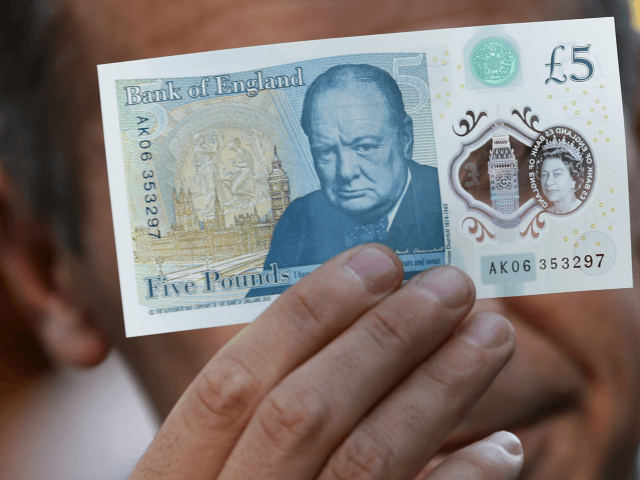The falling value of the pound is a “welcome change” that could boost the UK economy, the former governor of the Bank of England has said.
Lord (Mervyn) King of Lothbury said that fears the currency was in crisis after the Brexit vote were overblown and leaving the European Union (EU) was not “the end of the world”.
Speaking to Sky News, the former central bank head said: “The economy was slowing somewhat before the vote and we are in a position where the rest of the world is not offering us much help.
“So from that point of view the fall in sterling is a welcome change.”
His comments come a week after the pound suffered a “flash crash”, falling in value from US$1.26 to $1.14 in a matter of seconds, before rebounding. The cause of the crash remains unknown, although Chancellor Philip Hammond claimed the UK faced a prolonged period of uncertainty.
However, Lord King said: “The whole thing has generated reactions which are over the top.”
“During the referendum campaign, someone said the real danger of Brexit is you’ll end up with higher interest rates, lower house prices and a lower exchange rate, and I thought: dream on.
“Because that’s what we’ve been trying to achieve for the past three years and now we have a chance of getting it.”
“I don’t think we should fear [Brexit],” he concluded. “It’s not a bed of roses, but nor is it the end of the world.”
Conservative MP Bernard Jenkin agreed that falling pound could be good for the economy.
“The fall in the value of the pound would be of great concern if we were already suffering inflation, because obviously it puts up import costs,” he said.
“But inflation is not a concern in our economy at the moment.
“If anything, we’ve been teetering on deflation, and if there is a minor inflationary effect from devaluation, that really isn’t going to do us any harm.”
Lord King has intervened several times during the debate over Brexit. In March, during the run-up to the referendum, he said the Eurozone had been a “disaster” that gave too much power to Germany.
“The attempt to create a monetary union has been damaging economically, and it has been damaging politically,” he said.
“There are no good ways out of it. It’s only a question of the least bad way.”
“As a consequence of monetary union, Germany has become the dominant economic, and therefore political, power,” he added.
“So the tensions between, say, Greece and Germany, are greater now than before. The tensions between Italy and Germany are greater.
“Rather than create political warmth and good feelings, and co-operation, the single currency has created enormous tensions.”

COMMENTS
Please let us know if you're having issues with commenting.